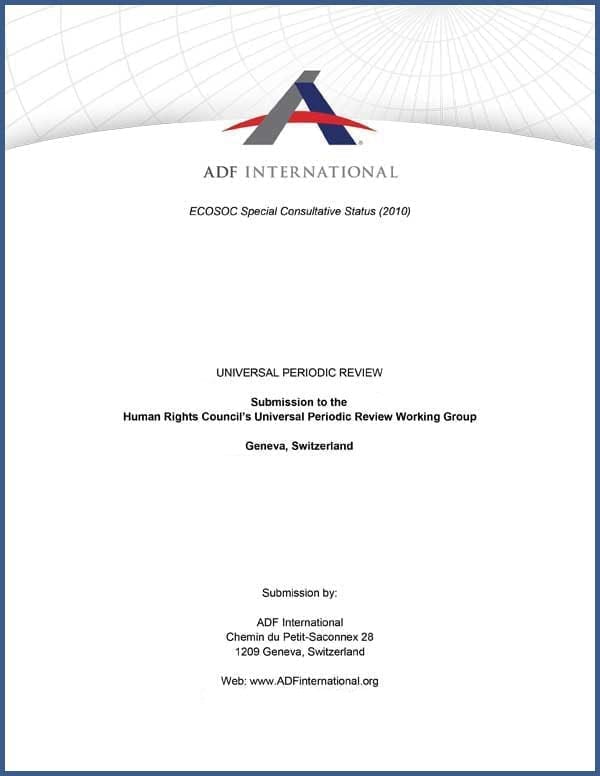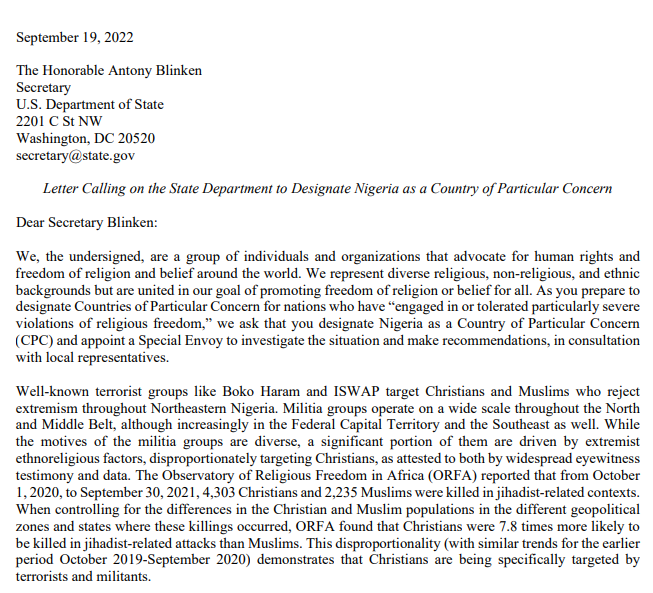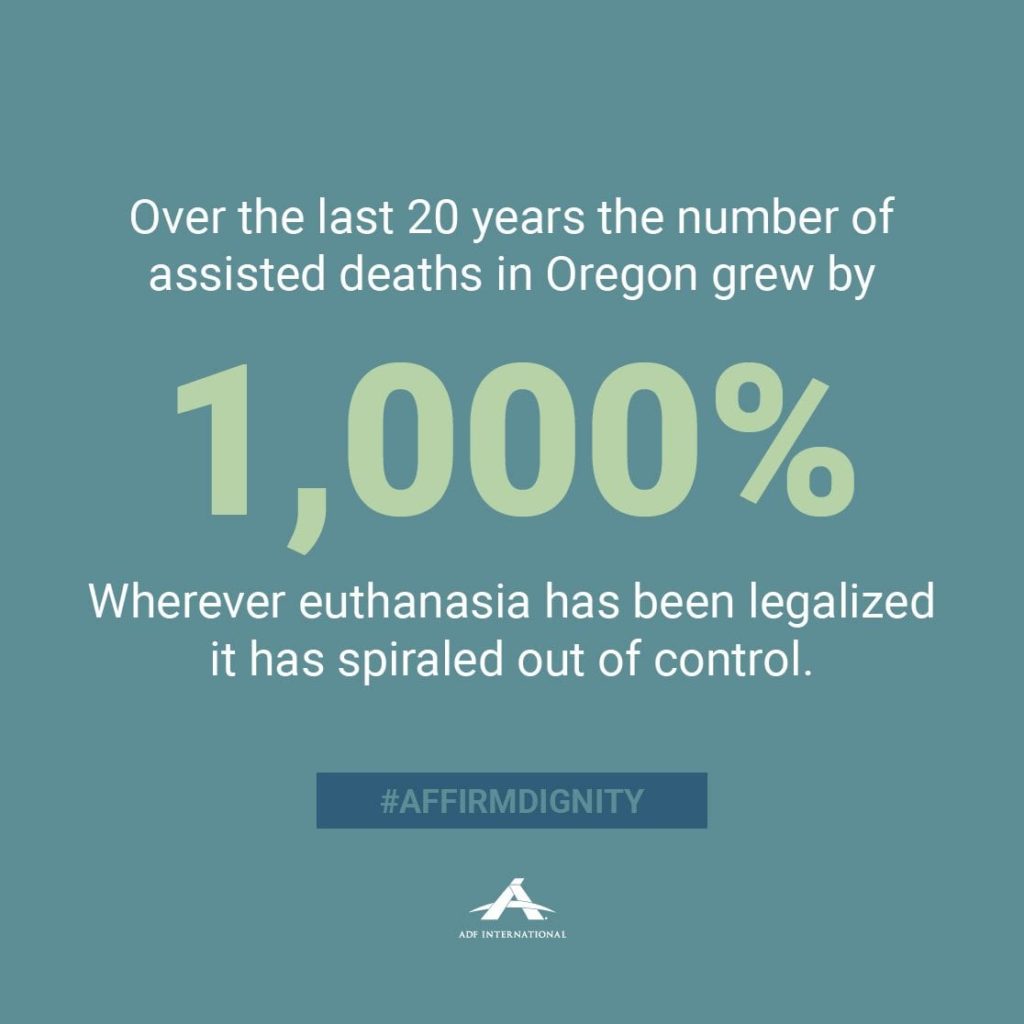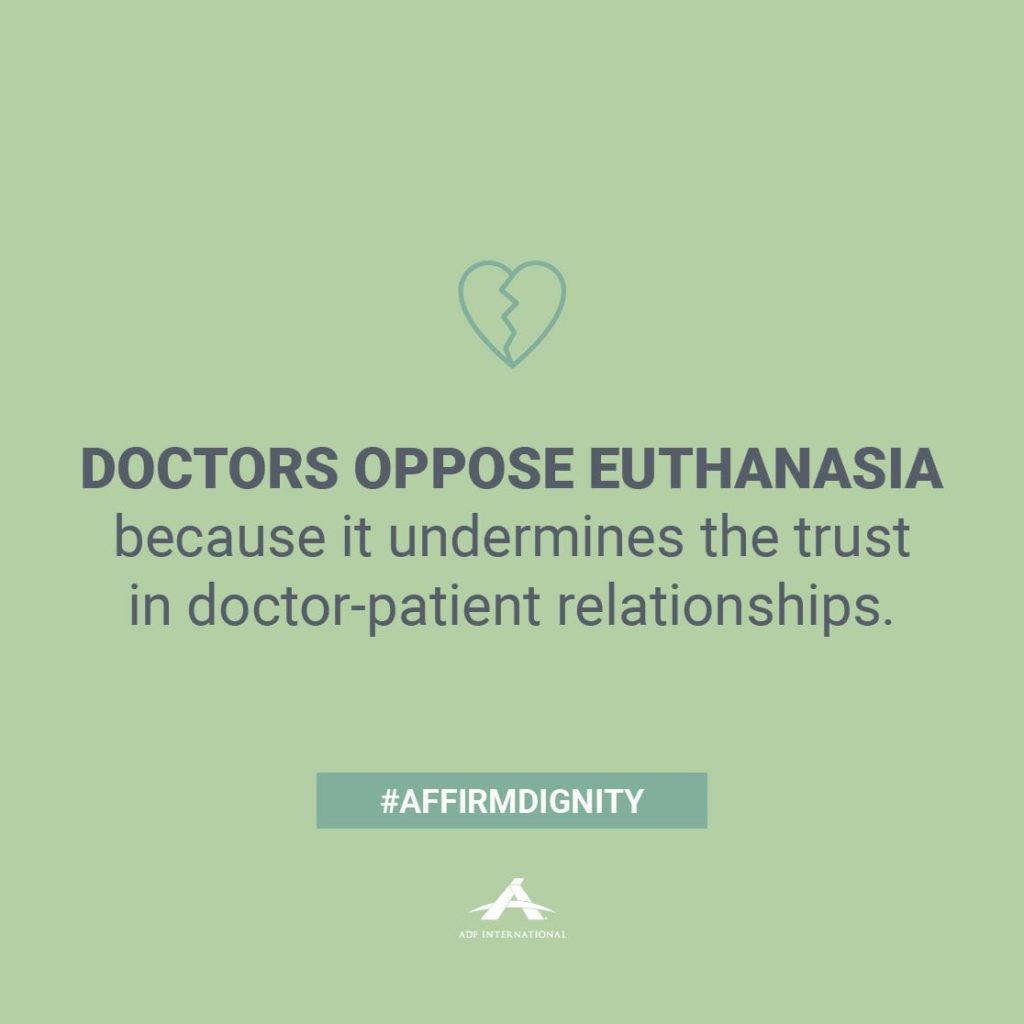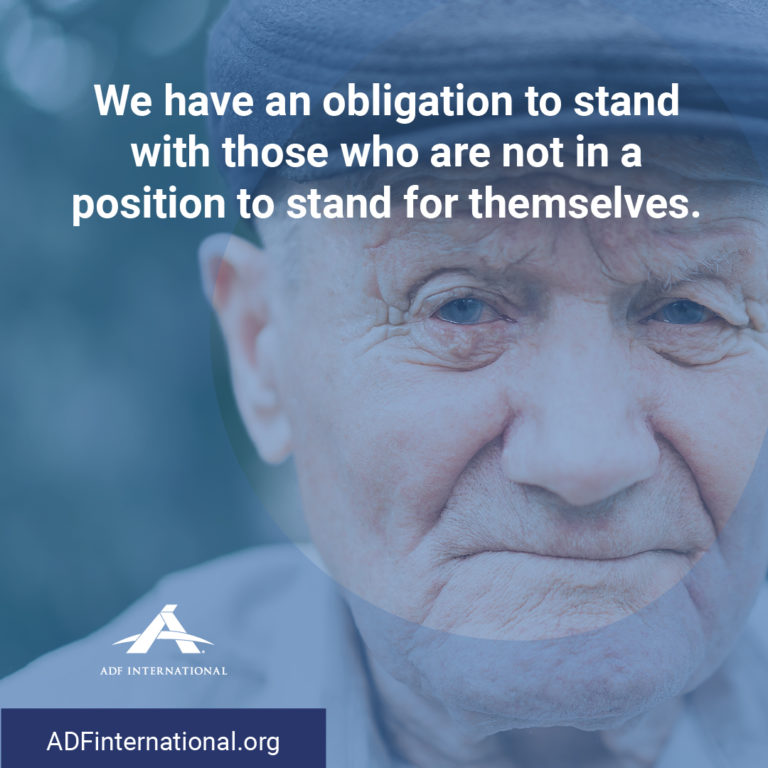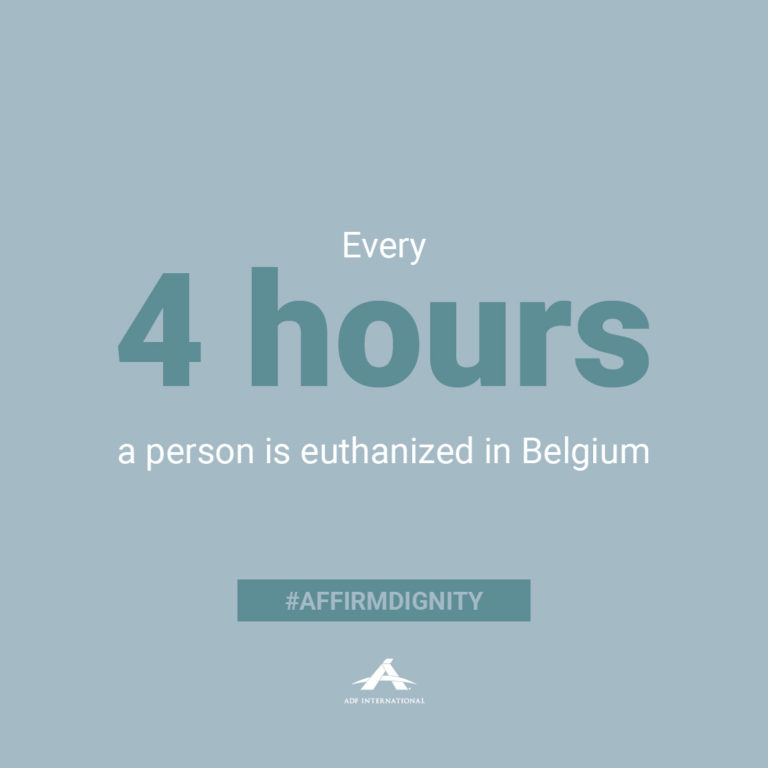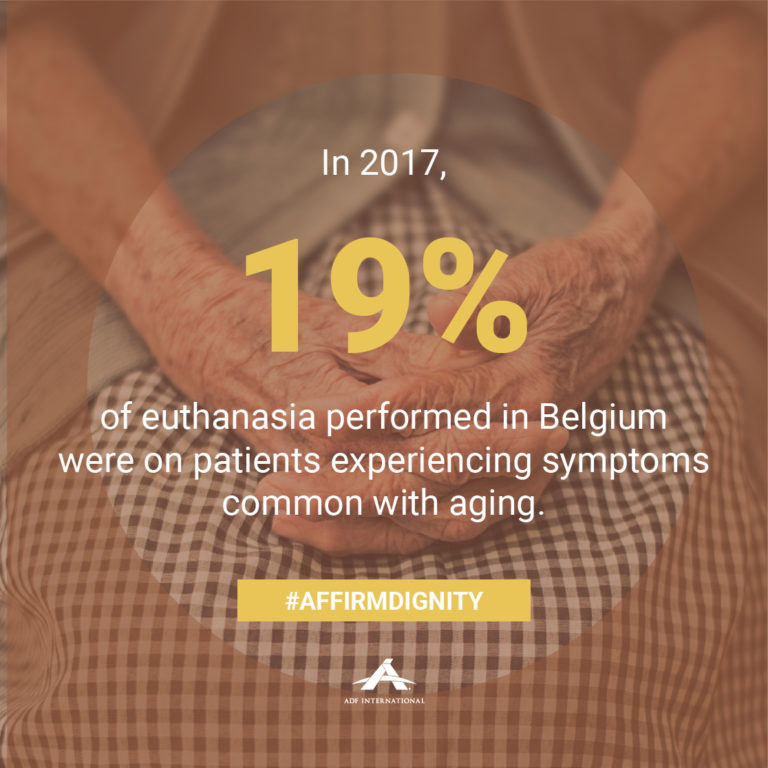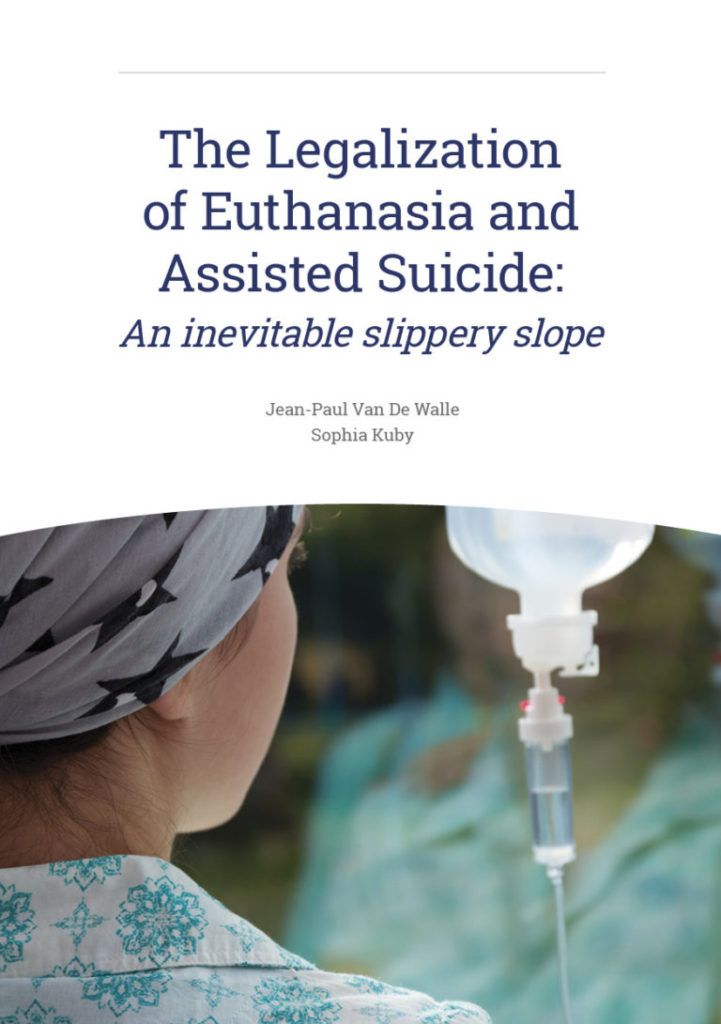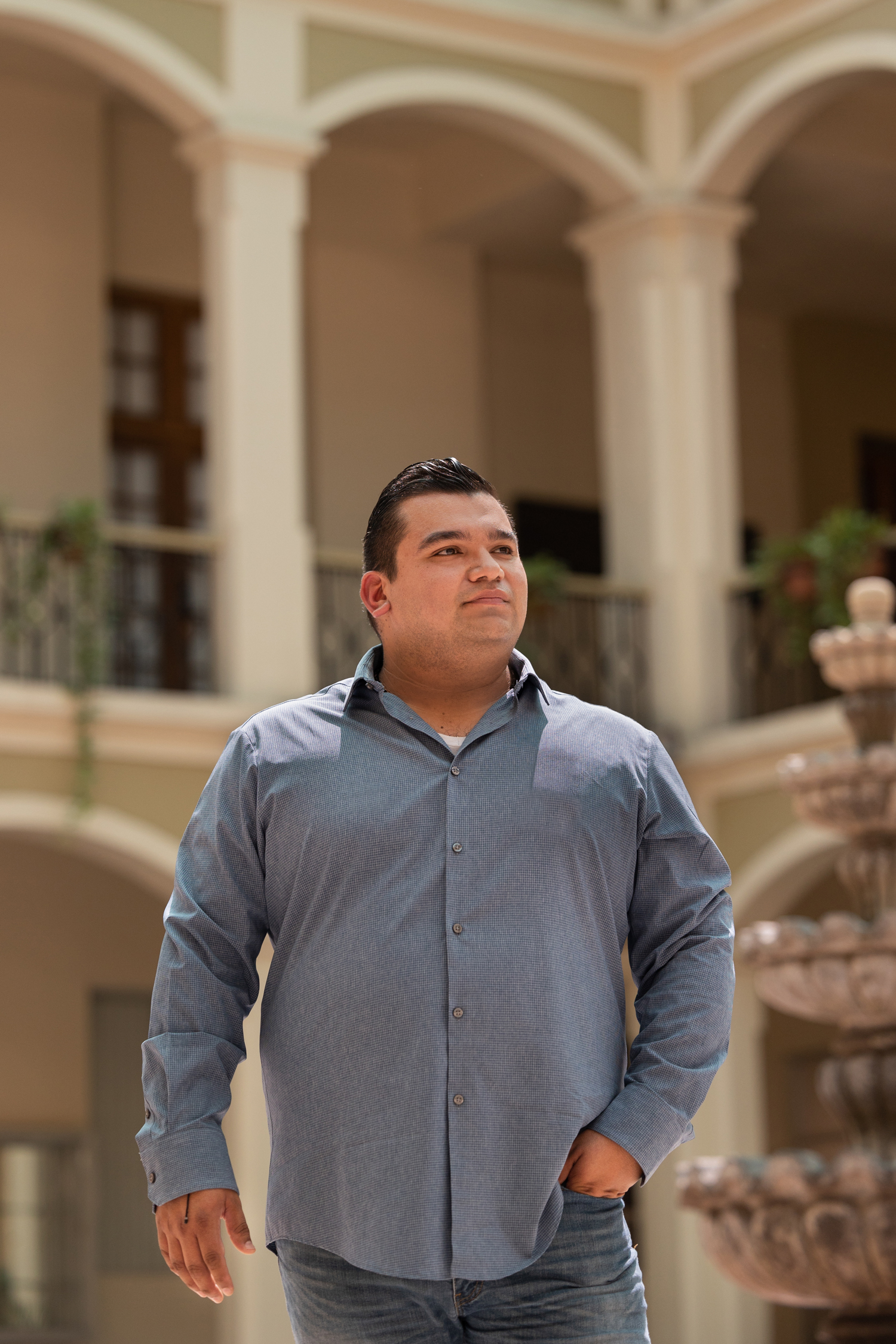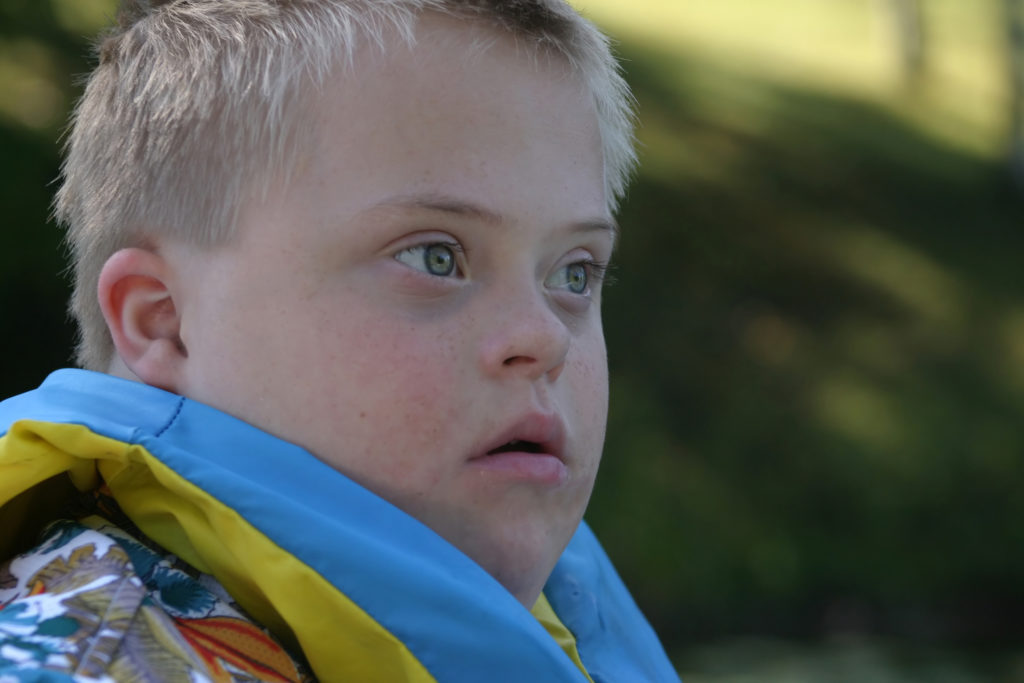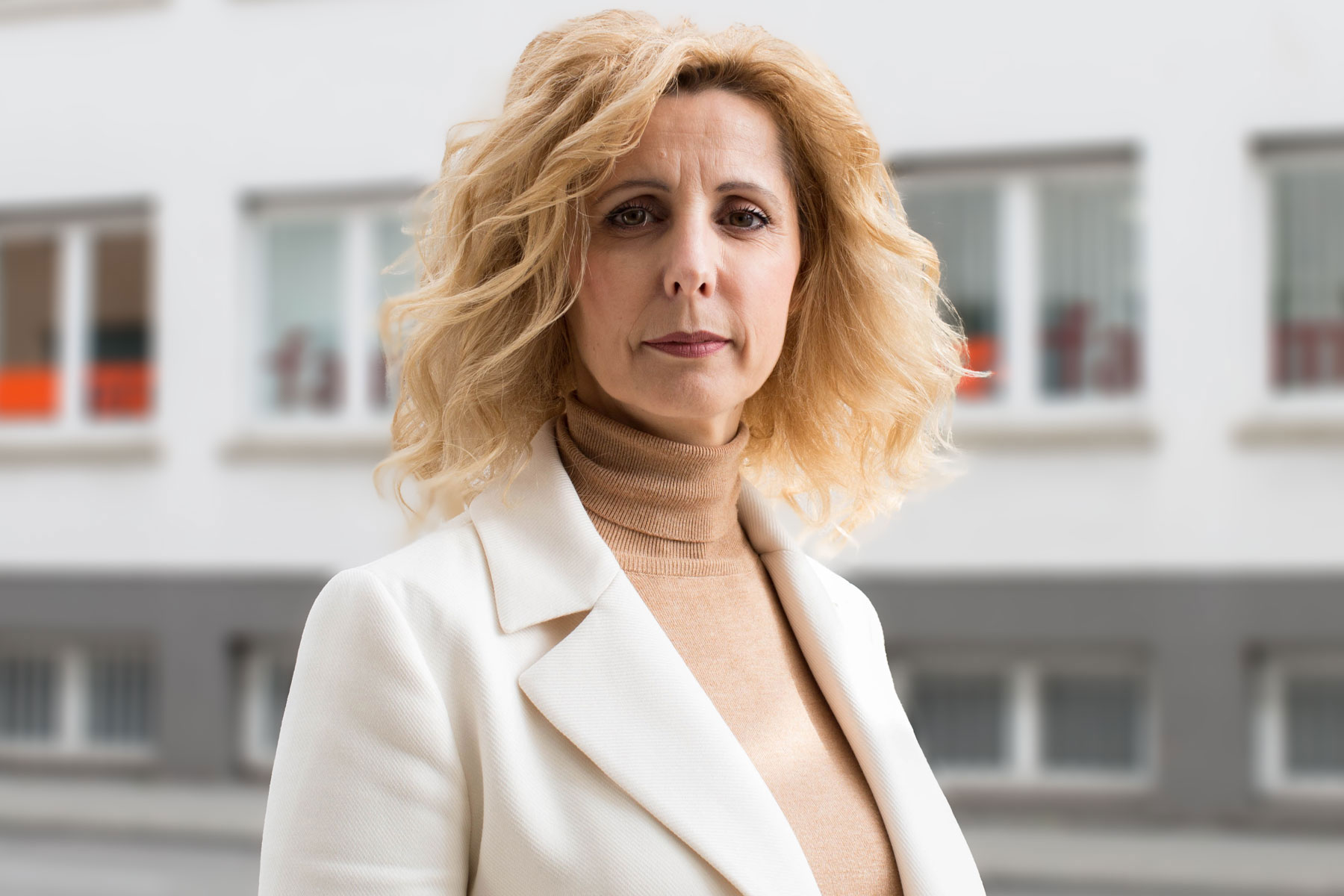This report denounces the incompatibility of Luxembourg’s regulation of euthanasia and assisted suicide with the State’s basic obligation to protect the equal right to life of all persons. In particular, it highlights the inevitable subjectivity in the assessment of what constitutes ‘unbearable physical or mental suffering’ under the law and the challenges faced by medical professionals in the exercise of their right to conscientious objection in this regard.
Continue readingIsrael (43rd Session)
This report examines the discriminatory impact of laws and policies relating to the registration of religious groups and the ownership of religious property and heritage sites. This report also outlines the rising trend of social hostility faced by Christians within the country.
Continue readingFrance (43rd Session)
This report illustrates the state of homeschooling in France, highlighting that the restrictions on home education resulting from the enactment of the 2021 Anti-Separatism Bill violate France’s obligations to respect freedom of education and parental rights under international human rights law.
Continue readingNigeria: Country of Particular Concern
Affirm Dignity: Our Guide
Free speech is being shut down in schools across the world
“The censorship of academic speech is dangerous for us all. Silencing students and professors stunts free thinking. When free speech is shut down in schools, a domino effect ensues,” writes Elyssa Koren.
Continue readingUniversity student in Mexico could lose license to practice psychology for graduation speech
The Autonomous University of Baja California (UABC) responded to complaints against recent graduate, Christian Cortez Pérez, with formal proceedings to ban him from practicing psychology. A group of professors has called on the University to silence and sanction Christian because of the content of his graduation speech.
Continue readingEuropean Court of Human Rights undermines free speech protections in Down syndrome ruling
The European Court of Human Rights has found inadmissible an application by Fondation Jérôme Lejeune claiming that the French Broadcasting Council’s designation of a Down syndrome video as not “a message of general interest” constituted unjust censorship. The Court’s failure to condemn the French authority’s treatment of Down syndrome voices stands in stark contrast to recent national decisions in Europe upholding freedom of expression.
Continue reading40 Days for Life group rejoices as court rules in favor of right to pray in the vicinity of abortion counseling facility
“Every human life is valuable and deserves protection. I am heartened that we will be able to resume our prayer vigils in support of women and their unborn children in the place where we think it makes the most sense. It is a great relief that the court has recognized our fundamental freedoms,” said Pavica Vojnović.
Continue readingCourt to hear challenge to German prayer ban near abortion counseling facilities
Can authorities prohibit a silent prayer gathering on a public street in Pforzheim, Germany? This question will be addressed for the second time by the court on Thursday, 25 August.
Continue reading


